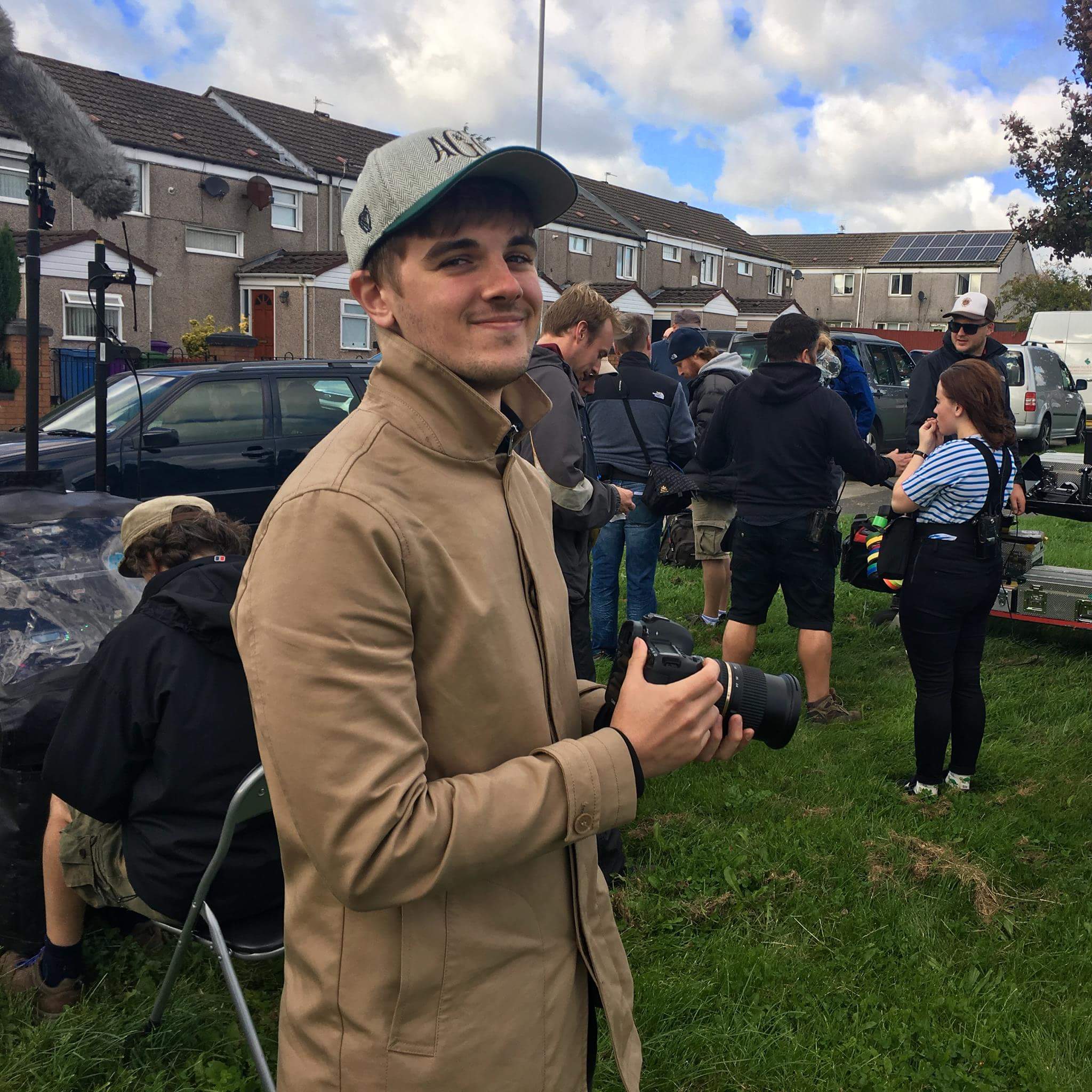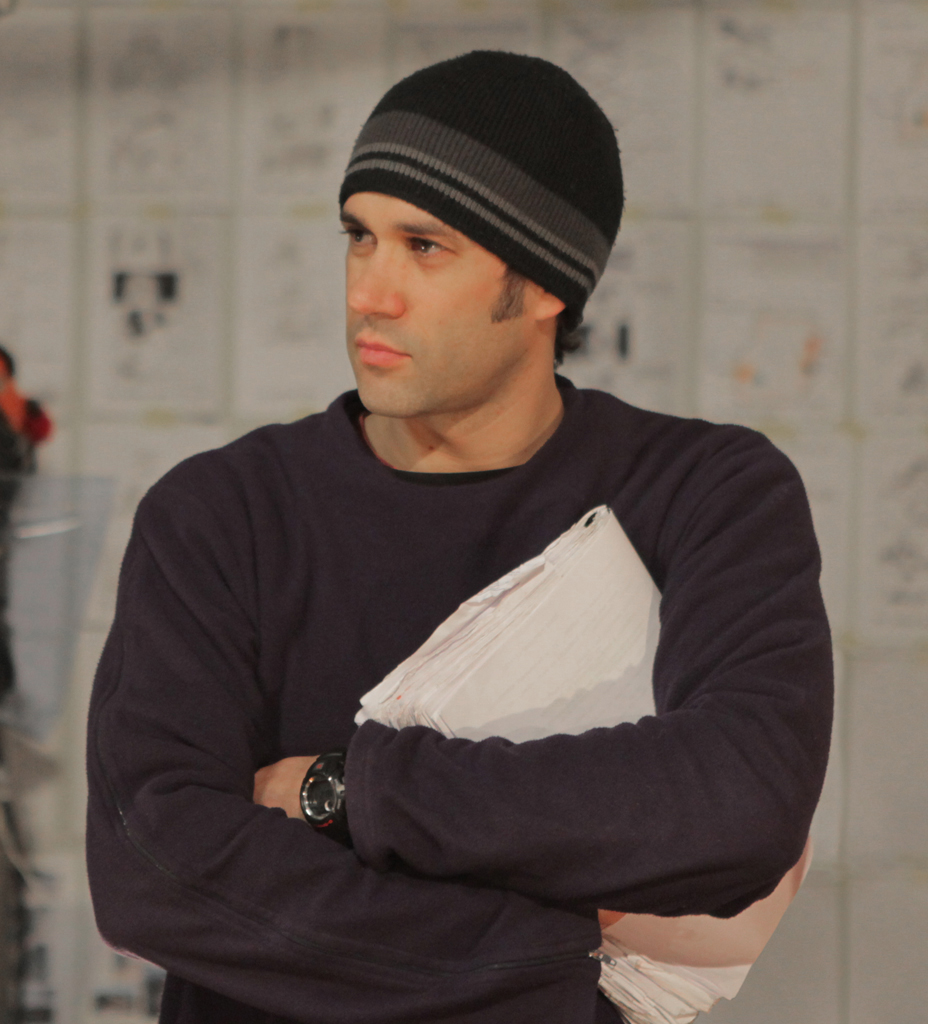ASK & DISCUSS
INDEXVideo being used without autorisation. What should I do?
8 years, 3 months ago - Thomas Olivier
Hi,
I'm friends and I shot an amateur / fake advert for a big headphone brand last year and realised rencently that it was screened in a continuous loop (along with a couple of other adverts) in an big multimedia store in the UK and Canada (only two countries we were able to verify)...
Is that legal? What can be done about that?
We just feel like having your material used by such a big group without even being told (?!) -nevermind paid- seems a bit wrong....
Other details:
- We have proof that the video is ours (original takes / footage)
- the video was originally made for a university project (the university nevertheless own no right on it).
Thanks in advance for the help
Only members can post or respond to topics. LOGIN
Not a member of SP? JOIN or FIND OUT MORE
8 years, 3 months ago - John Lubran
There's probably no doubt that the film belongs to you as the producer. Anyone who created it with you might also have propriety rights. However, producers should take care to underline propriety rights by stating them on the film and in reference to binding agreements, which though best written can also be effective by as little as a handshake if witnessed. Once an IP is released into the public domain without underlining those rights by the rights holder it will for ever be freely in the public domain except where elements of the content have previously been established to be a separate and regulated IP.
An example of this is Soviet era film and musi,c that was not protected by international IP treaties, but released into the public domain. After supreme court level rulings on both sides of the Atlantic it's been determined that, for example, that one may freely use orchestral recordings of classical music, typically on vinal, that were produced in the Soviet Union period and released without enforceable limitation into the public domain during that time. A valuable resource for low budget film makers.
So, through what vectors did this film arrive in these store displays? . Does the film have clear propriety rights 'water marked', as it were, at source, prior to any form of release?
8 years, 3 months ago - Paddy Robinson-Griffin
This may get complicated. If it's a uni project, the Uni could well own the rights, or at least a share of them, thanks to your contract with them. Luckily, they also have the legal muscle to sort this out, universities deal a lot with patents and IP. Frankly, that's where I'd start - get your evidence and let their lawyers send the "you didn't get the rights to this before using it, let's negotiate the retrospective licensing fee for (at least 2 sites, on loop), we have evidence and BTW we hold all the cards". They'll get attention and taken seriously far faster than you will alone.
There are 2 reasons for this - 1) you may make a bit of cash and 2) it shows your tutors that you're doing good work and have commercial value - which is great for your degree mark.
8 years, 3 months ago - John Lubran
Good advice Paddy. Tomasz did write though that the university has no rights in the film. However Tomasz might be wise to double check that that is the case if any resources of the uni were used and if it was a student project per se.
8 years, 3 months ago - Paul Campion
This is one of the risks of doing spec work for products/IP that you don't own the rights to. The most you can probably do is approach the headphone company or the store that's screening the film and ask for some money as they're using it commercially, and are therefore benefiting from it.
If they say no, then your only choice would be to sue them, however it would probably cost you more in legal fees than it's worth, assuming you even won. You're in a very difficult situation as you don't own the rights to the product, only the concept in the way it was shot. You didn't do this as a commerical job but as a showreel piece so the company can also argue that you haven't lost any money because there was never any intention to profit from it.
Also, how did the company get hold of the footage, and how did they get hold of high enough quality footage to be able to use it commercially? Did you approach the company and show them the footage privately?
If you put it out on Youtube or Vimeo, it's footage of a product you don't own the rights to and didn't have permission to use, that you put out in the public domain.
8 years, 3 months ago - Thomas Olivier
Hi guys, thank you very much for the help and the highly detailed answer! - John, thanks for the history lesson too, very interesting stuff!
I think I'm simply going to try to get the attention of both the brand and retailer on social media (twitter most likely) and ask them straight away how this happened. I don't intend to sue or take any legal action... I guess all I can do is to just add that to my CV and maybe hope for a commercial gesture on their hand!
Would you be aware of a good online resource where people like me (clueless people) could inform themselves on these types of basic legal issues?




